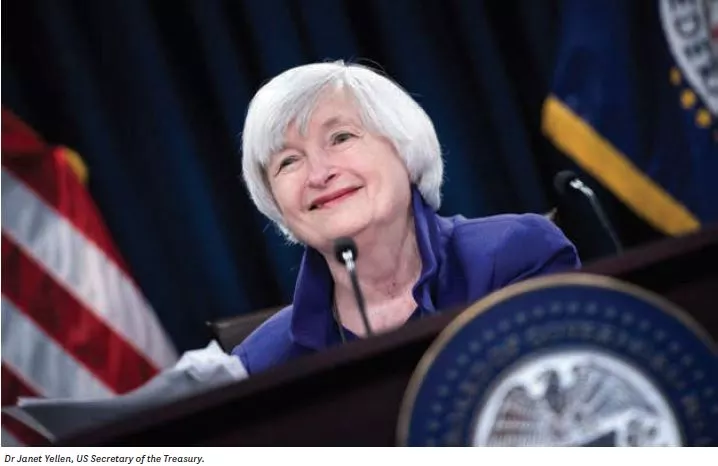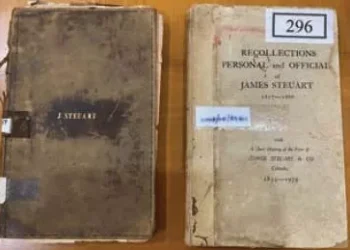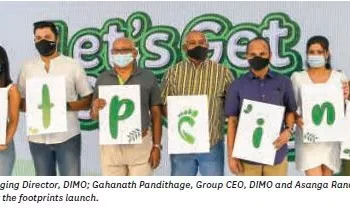Hearing on January 21, 2021

Chairman Grassley, Ranking Member Wyden, members of the committee: It is an honor to appear before you. And Senator Feinstein, thank you for that very kind introduction.
I have immense respect for the task before this committee: rebuilding the American economy from its sharpest downturn in history.
If I am fortunate enough to be confirmed, I would strive to be a good partner in that work. I’ve spent almost my entire life thinking about economics and how it can help people during hard times.
My father was a doctor in Bay Ridge, Brooklyn. It was more of a working-class neighborhood back then. His patients would take the bus up from their jobs at factories or docks, and they’d come to our stoop because that’s where my dad’s office was – in our basement.
He was the kind of doctor who treated the whole patient. He knew about their lives; about when they’d been fired or couldn’t pay. Those remain some of the clearest moments in my childhood. My parents had been children of the Depression, and they had a very visceral reaction to economic hardship.
Economics is sometimes considered a dry subject, but I have always tried to approach my science the same way my father approached his: as a means to help people. And this committee, I believe, has viewed it the same way – especially during these last few months. When economists look back on the pandemic, I expect they’ll conclude that Congress’ actions averted a lot of suffering.
But more must be done. Economists don’t always agree, but I think there is a consensus now: Without further action, we risk a longer, more painful recession now – and long-term scarring of the economy later.
The pandemic has caused widespread devastation. Whole industries have paused their work. Eighteen million unemployment insurance claims are being paid every week. Food bank shelves are going empty. The damage has been sweeping, and as the President-elect said last Thursday, our response must be, too.
Over the next few months, we are going to need more aid to distribute the vaccine; to
reopen schools; to help states keep firefighters and teachers on the job.
We’ll need more funding to make sure unemployment insurance checks still go out; and to help families who are at risk of going hungry or losing the roof over their heads.
Neither the President-elect, nor I, propose this relief package without an appreciation for the country’s debt burden. But right now, with interest rates at historic lows, the smartest thing we can do is act big. In the long run, I believe the benefits will far outweigh the costs, especially if we care about helping people who have been struggling for a very long time. People worry about a K-shaped recovery but well before COVID-19 infected a single American, we were living in a K-shaped economy, one where wealth built on wealth while working families fell further and further behind. This is especially true for people of color.
At the Fed, I became accustomed to the institution’s dual mandate – to promote stable prices and maximum employment.
As Treasury Secretary, I think there will be a dual mission, too: helping Americans endure the final months of this pandemic; keeping people safe while getting them back to work. That’s our first task. But then there is the longer-term project. We have to rebuild our economy so that it creates more prosperity for more people and ensures that American workers can compete in an increasingly competitive global economy.
Members of the committee, these are very ambitious goals, and I know we will need to work together. You can count on me to do that in a bipartisan way.
My husband and son are watching us on C-SPAN from the other room. They are not only wonderful people; they are also wonderful – and opinionated – economists themselves. So, I am used to debate about these issues in the house. I’d welcome it in the Senate.
Thank you, and I look forward to your questions.





